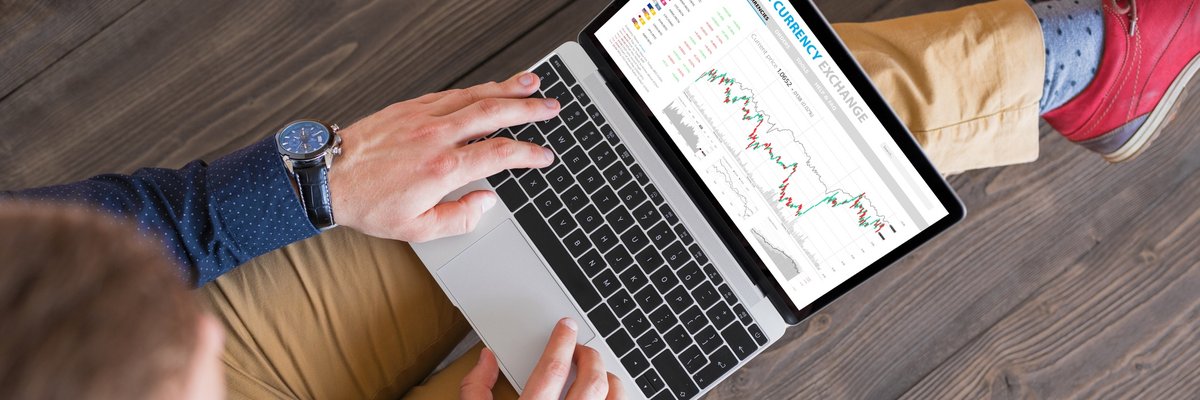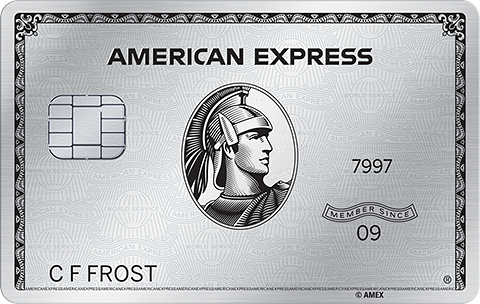Here's Why I Wouldn't Put $50,000 in CDs

Image source: Getty Images
I get the appeal of certificates of deposit (CDs). They're safe and predictable, with guaranteed returns. But if I had $50,000 kicking around, I wouldn't lock it into CDs -- not unless I had a very specific reason.
CDs are great for certain goals, but otherwise they just don't make sense for the average person.
Here's why -- and where I'd put my $50K instead.
CDs are too restrictive for emergency savings
When you open a CD, you agree to let the bank hold your money for a set period -- anywhere from a few months to several years -- in exchange for a fixed interest rate. If you withdraw money early, you'll pay a penalty equal to several months' interest.
That's fine if you're saving for a near-term goal, like buying a home in three years or a car next spring.
But sometimes you need cash now. If your car breaks down or your roof springs a leak, you don't want to be forced to cash out a CD early and wipe out the interest you've earned.
CDs are too conservative for long-term investing
CDs can protect your savings from inflation and interest rate cuts, but they won't make you rich. It makes sense to use CDs to preserve your wealth if you're in or near retirement -- or if you're financially set for life.
But for the average working American, CDs won't even grow enough to ensure a secure retirement.
For long-term goals, you're better off investing in higher-growth assets like stock market index funds. The S&P 500 Index, which represents over half the U.S. stock market, has gained an average of about 10% per year -- more than twice the rate of today's best CDs.
Let's look at how much $50,000 might grow over 10 years if you put it in either A) CDs or B) an S&P 500 index fund.
| Investment | Annual Return | 10-Year Ending Value | Total Growth |
|---|---|---|---|
| CDs | 4% (current competitive rate) | $74,012 | +48% |
| S&P 500 index fund | 7% (conservative estimate) | $98,358 | +97% |
That's a difference of $24,000. In another 10 years, the gap would widen to $84,000.
Of course, stocks fluctuate. But over the course of 10 years or more, history shows that you're very likely to see a high return on your investment.
Where I'd put my money instead
For emergency savings: a high-yield savings account (HYSA)
Savings accounts are the best place for any money you might need within the next few years -- especially your emergency fund. You can withdraw cash at any time without penalty -- and the best high-yield savings accounts have rates similar to CDs.
One of our favorite HYSAs is the SoFi Checking and Savings (Member FDIC) account, which pays an annual percentage yield (APY) up to 4.50% with direct deposit. And for a limited time, new members can snag a great offer: Earn up to $300 and +0.70% Boost on Savings APY with direct deposit. Terms apply.
To learn more and open an account, see our full SoFi Checking and Savings (Member FDIC) review.
SoFi Checking and Savings
On SoFi's Secure Website.

On SoFi's Secure Website.
- Competitive APY on both Savings and Checking
- No monthly account fee
- Welcome bonus up to $300 (direct deposit required)
- ATM access
- Unlimited number of external transfers (up to daily transaction limits)
- FDIC insured (up to $3M with opt-in to SoFi Insured Deposit Program)
- Early access to direct deposits
- Tools to help you track savings goals
- Combo account only; no stand-alone savings or checking
- Maximum Savings APY requires direct deposit
- No branch access; online only
- Overdraft protection requires monthly direct deposit minimum
For those who plan to set up direct deposit with their new account, we think SoFi Checking and Savings (Member FDIC) is hard to beat. Not only does this savings account offer a strong APY, but the linked checking account earns an above-average rate, too -- which is a rare perk. Plus, new customers earn a bonus of up to $300 with eligible direct deposit. Frankly, it's the kind of combo that could make it worthwhile to switch banking relationships.
For long-term investing: IRAs and brokerage accounts
If you have $50,000 (or any amount) that you won't need soon, then investing it makes far more sense. You might start by opening an IRA, which offers big tax breaks on retirement savings, and purchasing a stock market index fund.
If you max out your IRA, then you can open a regular brokerage account next. You won't get the tax breaks of an IRA, but you can make the same high-growth investments.
The best stock brokers offer both IRAs and regular brokerage accounts, so you can manage all your investments in one place.
CDs don't have a place in my financial plan
If I were saving up for a specific goal within the next few years, then a CD could make sense. And I plan to start moving some money into CDs once I'm about 10 years from retirement.
As it is, I'm still many years from retirement, and I want to retire in style -- maybe early, too. That wouldn't be possible if I put a lot of my money in CDs. So I keep enough money in my savings account to cover an emergency, and the rest goes into my 401(k) and IRA.
If you're like me, then you may want to do the same.
Our Research Expert


